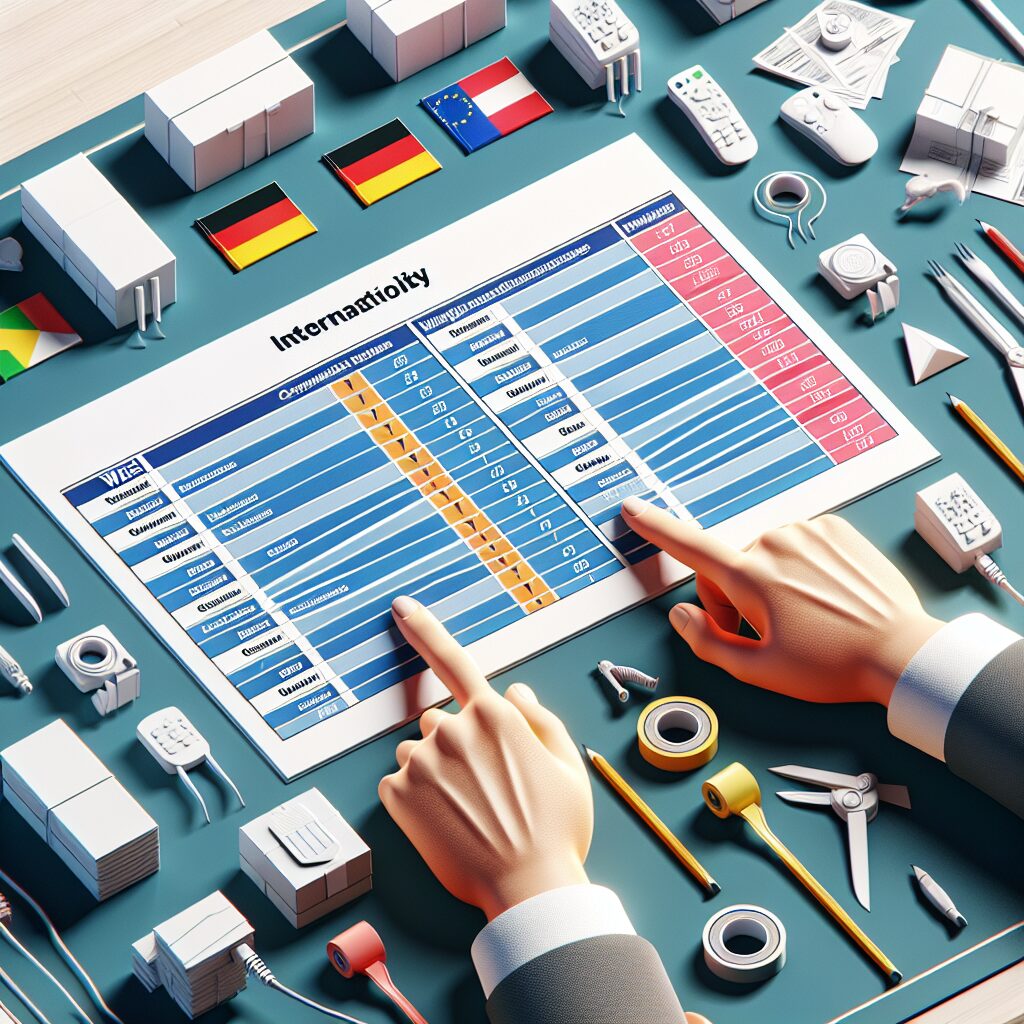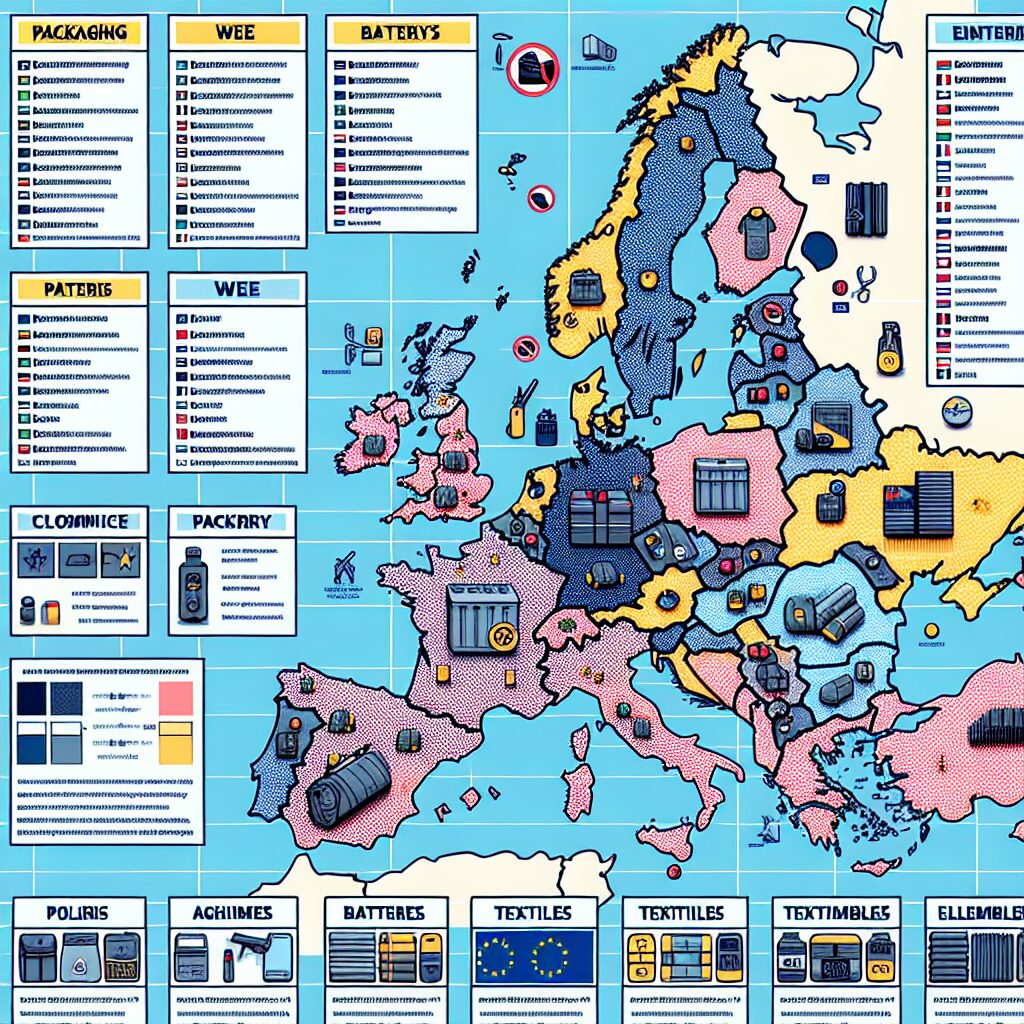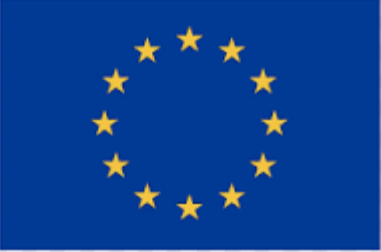About eldris
Epr.eldris.ai leads the EPR sector, in fast, automated, AI Agent EU Complaince. LUCID Packaging, WEEE, and Battery Compliance for Brands, E-Commerce and Service based businesses expanding into the EU.
In This Article
- Spain EPR registration is mandatory for all packaging producers from 2025.
- Royal Decree 1055/2022 enforces stricter reporting and labelling rules.
- Both domestic and cross-border sellers must comply or face penalties.
- Eco-modulated fees encourage sustainable packaging design.
- Small businesses may have limited exemptions, but must register.
- New EPR labelling is essential for lawful product distribution.
- PROs like Ecoembes manage compliance infrastructure and data reporting.
- Ongoing documentation and annual reports are required by law.
- Avoid under-reporting, missed deadlines, or reliance on unverified third parties.
- Early EPR compliance ensures continued access to Spain’s consumer market.
Understanding Extended Producer Responsibility in Spain
What is EPR and how does it apply to packaging?
Extended Producer Responsibility (EPR) is an environmental policy approach under which producers are held accountable for the entire lifecycle of their products — especially the take-back, recycling, and final disposal. In the context of packaging, EPR mandates that producers fund and manage the collection, sorting, and treatment of packaging waste. Spain EPR registration is a legal requirement for any business that introduces products packaged in materials such as cardboard, plastic, glass, or metal into the Spanish market.
The general aim of EPR in Spain is to reduce the ecological impact of packaging waste. This aligns with the European Union’s Circular Economy Action Plan, which prioritises waste reduction and promotes sustainable resource use. The Spanish government has implemented specific legal pathways to ensure producers manage the environmental costs of packaging waste either physically or financially. Thus, Spain EPR registration is not optional; it is an essential compliance step for any entity aiming to operate lawfully in the Spanish marketplace.

Key Changes in Spain’s Packaging Law for 2025
New rules under Royal Decree 1055/2022
Royal Decree 1055/2022 stands as the cornerstone of Spain’s revamped approach to tackling packaging waste. Effective from January 2025, it replaces older regulations with a unified decree for all packaging types: household, commercial, and industrial. A primary transformation is the obligation for all producers — including e-commerce retailers and foreign sellers — to carry out the Spain EPR registration and contribute financially to the recycling activities undertaken in Spain.
Under the new legal structure, any producer bringing packaged goods into Spain is classified according to their product type and packaging material. The legislation also introduces more precise traceability conditions, demanding full accountability through extended compliance documentation. Furthermore, it introduces “eco-modulated fees” — a system where producers are charged based on the recyclability and environmental impact of their packaging components.
These changes are particularly impactful for online retailers and foreign businesses, as they’re now fully responsible under Spanish law for their packaging waste, even if their operations are not physically based in Spain. Non-compliance with Spain EPR registration provisions may result in serious sanctions, including fines and potential market entry bans. Learn more about EPR and Packaging Compliance Across the EU
Who Needs to Register under Spain’s EPR Scheme?
Mandatory compliance for domestic and cross-border sellers
Compliance with Spain EPR registration is required for both Spanish-based and foreign entities introducing packaged products into the Spanish marketplace. This includes manufacturers, importers, private label retailers, and distance sellers such as Amazon merchants or Shopify store owners delivering to Spanish addresses. If a business’s packaged goods reach Spanish consumers, it carries legal obligations under the Royal Decree.
According to the law, producers must designate an authorised representative in Spain if they lack a local presence. This representative will handle registration, reporting, and payment of applicable EPR fees on the producer’s behalf. Retailers using fulfilment or third-party logistics centres must ensure they are not mistaken for the “producer” in the consumer-facing supply chain.
Importantly, platforms such as Amazon and eBay now demand proof of EPR registration to list products in Spain. Therefore, any retailer that fails to complete the Spain EPR registration risks both legal action and platform delisting. Overview of Spanish packaging EPR duties
Step-by-Step Packaging EPR Registration Process
Where and how to report your packaging data
The Spain EPR registration process begins with identifying the categories of packaging your products include — household, industrial, or commercial. Once categorised, businesses must register on the designated online government platform or directly through an authorised Producer Responsibility Organisation (PRO) such as Ecoembes.
Required data includes company identification numbers, product types, packaging materials used, and estimated annual weight of packaging introduced into the market. Upon submission, a registration number is issued, which producers must use in all EPR-related transactions. Spain’s Ministry for Ecological Transition and the Demographic Challenge oversees this process through designated regional authorities.
Data reporting is not a one-time event. Companies are obliged to submit annual reports detailing packaging usage, recycling contributions, and material specifications. Timely and accurate submissions are crucial to avoiding regulatory fines. Some businesses prefer working with compliance consultancies to navigate these extensive requirements efficiently. Read a related article
How to Calculate EPR Fees in Spain
Eco-modulated fees based on material and recyclability
One of the most complex aspects of Spain EPR registration is determining the financial contributions owed. EPR fees in Spain are “eco-modulated,” meaning they vary depending on the type of material used, its ease of recyclability, weight, and environmental impact. For example, lightweight plastics incur higher fees due to lower recyclability rates, whereas cardboard and paper usually qualify for lower charges.
To calculate fees accurately, producers must refer to the annual fee tables published by authorised PROs like Ecoembes. These tables outline the €/kg rates categorised by packaging material: PET, HDPE, aluminium, glass, and composite materials. Packaging incorporating recycled content or with design-for-recycling (DfR) features often attracts discounted rates.
Failure to properly declare packaging material specifics can result in overpayment or — worse — penalties for under-reporting. Thus, companies are urged to invest in detailed product packaging analysis and ongoing audits for accuracy. Automated tools are increasingly available to ease this burden, but human oversight remains irreplaceable.
New Labelling Requirements for 2025
How to mark packaging to meet Spanish EPR standards
As part of the updated 2025 legislation, producers must also adhere to new packaging labelling standards in Spain. All packaging must be clearly marked with information that facilitates correct end-user disposal. This includes proper sorting instructions and adherence to Spain’s selective collection system.
Labels must indicate the correct container — such as blue for paper, yellow for light packaging, and green for glass — using standardised symbols approved by Spanish authorities. In addition, labels must be placed in visible and non-removable locations on the packaging surface.
Non-Spanish language instructions are acceptable only when accompanied by clear pictograms or EU-standard icons. Many producers are using QR codes to offer extended recycling guidance without compromising package aesthetics. However, Spain EPR registration remains a prerequisite before distributing any such labelled products.
Ecoembes and Other Authorized Bodies
Who handles data collection and reporting in Spain?
In Spain, multiple PROs (Producer Responsibility Organisations) are empowered by the government to manage data collection, recycling coordination, and producer contributions under the EPR system. Ecoembes is the largest and most prominent of these, mainly dealing with household packaging waste.
Other organisations specialise in industrial or sector-specific waste streams, such as Ecovidrio for glass packaging. Producers must associate with at least one PRO depending on their packaging type. Upon joining, the PRO facilitates annual obligations, including payment scheduling, recycled material declarations, and dissemination of standardised labels.
All PROs regularly share data with government authorities to ensure transparency and enforce compliance. Businesses can choose their PRO, considering the scope of services, industry expertise, and digital integration tools offered. Nonetheless, registering with a PRO does not exempt companies from conducting periodic internal audits. Managing cross-border product compliance
Small Businesses and EPR Compliance
Thresholds, exemptions, and obligations
Spain’s EPR framework offers certain thresholds and exemptions for small enterprises, but these are carefully defined. Micro-enterprises generating packaging waste below a specific limit — less than 300kg of overall packaging material annually — may apply for partial reporting waivers. However, even exempted businesses must complete Spain EPR registration and provide limited declarations verifying their production volumes.
Exemptions do not equate to immunity. Regional governments maintain discretion to audit any business, particularly if metrics suggest under-declared packaging volumes. Furthermore, small businesses selling via large marketplaces may find themselves required to submit documentation to e-commerce platforms to avoid operational restrictions or removal.
For small businesses, the best practice involves conservative self-reporting and consultation with a local compliance expert. These proactive measures ensure protection from audit shocks or reputational damage driven by perceived negligence.
Documentation and Ongoing Reporting Needs
Best practices for maintaining compliance
Spain EPR registration is only the beginning of a continual compliance cycle. Producers must maintain thorough documentation including invoices, packaging specifications, sales ledgers, and PRO agreements. These documents must be retained for a minimum of five years and made readily accessible for audits or spot inspections.
Annual data reporting is typically due by March of the following year. Reports must detail the volume, material type, and recycling information of all packaging placed on the Spanish market. Businesses are strongly advised to implement software tools or third-party compliance services to streamline this workflow.
Furthermore, any packaging design changes — whether in colour, shape, or material composition — must be recorded and evaluated for EPR impact. Maintaining documented evidence of all packaging updates safeguards producers against discrepancies and future scrutiny.
Common Mistakes and How to Avoid Penalties
Audit risks, under-reporting, and compliance gaps
The most frequent EPR-related errors are under-reporting packaging volumes, missing registration deadlines, or misclassifying material types. Each of these issues carries the risk of administrative penalties, sometimes exceeding tens of thousands of euros. In severe cases, operations in Spain can be suspended entirely.
Many companies unknowingly delegate reporting responsibilities without verifying the qualifications of their agents. Relying solely on logistics providers or third-party sellers without oversight introduces data inconsistencies. The safest approach is direct Spain EPR registration coupled with regular internal compliance reviews.
Penalties often stem from avoidable ignorance. Allocating responsible personnel, scheduling periodic training, and maintaining open communications with your PRO representative are critical for long-term success. Prevention is far less costly than recovering from EPR violations.
Spain’s stringent EPR laws mean that preparation, precision, and proactivity are no longer optional — they are essential business practices.
Conclusion: Becoming EPR-Compliant in Spain
Spain EPR registration marks a transformative shift not just in legal duties, but in corporate sustainability strategies. By internalising recycling responsibilities, producers play an active role in reducing ecological impact while aligning with EU-wide goals. However, compliance is complex — and the risks of non-compliance are steep.
Every business — large or small, domestic or foreign — must treat EPR compliance as a strategic priority starting now. With 2025 rapidly approaching, there’s still time to act. Begin by auditing your packaging, registering with the correct PRO, and establishing repeatable reporting processes. By investing in EPR readiness today, you ensure operational transparency, marketplace access, and long-term regulatory resilience.
Great guide on spain-packaging-epr-duties-fees-registration-2025 – Community Feedback
What steps must producers take for Spain’s packaging EPR in 2025?
Producers must register with Spain’s official body, report packaging volumes, pay eco-fees, ensure packaging is recyclable, and meet labelling requirements under the new EPR obligations beginning January 2025.
How are EPR fees calculated for packaging placed on the Spanish market?
EPR fees in Spain are typically calculated based on packaging materials, weight, and recyclability. Eco-modulation can apply: using more sustainable materials may reduce fees, while complex or non-recyclable packaging can increase rates.
What new labelling rules apply to packaging in Spain from 2025?
From January 2025, all packaging placed on the Spanish market must feature specific labelling, indicating packaging type and correct disposal method, aimed at increasing recycling rates and consumer awareness.










